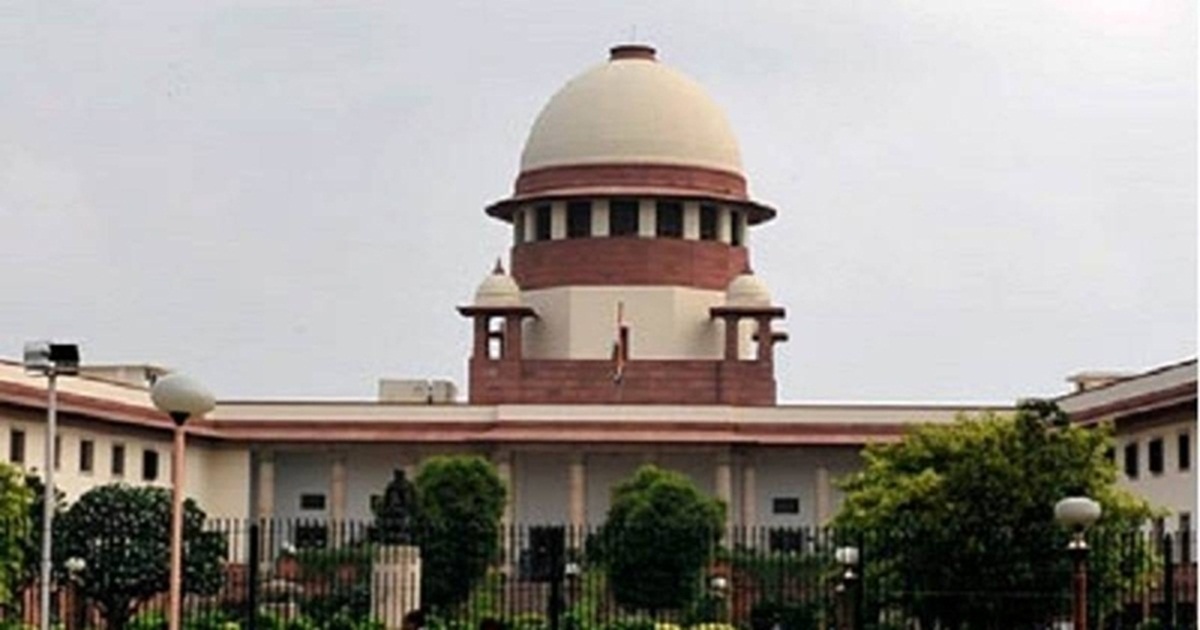X: @the_news_21
Maulana Mufti Salman Azhari, a prominent Islamic preacher, found himself embroiled in controversy following an inflammatory speech delivered in Gujarat’s Junagadh. The repercussions of his words led to legal actions, ultimately resulting in his arrest by the Gujarat Anti-Terrorism Squad (ATS) in Mumbai.
The incident unfolded on the night of January 31 when Maulana Salman Azhari addressed a gathering in Junagadh, Gujarat. In his speech, which was widely circulated on social media platforms, he made provocative statements that allegedly incited communal disharmony. Subsequently, legal proceedings were initiated against him and the local organizers, Mohammad Yusuf Malik and Azim Habib Odedra, under sections 153B and 505(2) of the Indian Penal Code for spreading hate speech.
Maulana Salman Azhari, known for his involvement in various socio-religious activities and his impactful speeches, identifies himself as an Islamic research scholar. His arrest in Mumbai by the Gujarat ATS came after mounting pressure and public outcry over the content of his speech.
Upon his arrest, Maulana Salman Azhari was taken to the Ghatkopar police station, where a gathering of his supporters ensued. The situation prompted authorities to take measures to ensure public order, including a mild lathi charge to disperse the crowd. Despite the tension, Azhari urged his supporters to maintain peace and refrain from protesting outside the police station.
Addressing the crowd, Azhari asserted his innocence, stating, “Neither am I a criminal nor have I been brought here for committing a crime.” He emphasized his cooperation with the ongoing investigation and urged his supporters to comply with the law. His plea for calm amidst the fervor demonstrated an attempt to mitigate potential escalation of tensions.
The controversial nature of Azhari’s speech lies in his reference to the historic Battle of Karbala and the use of rhetoric that some interpreted as incendiary. His statement, “Today is the time of dogs; our turn will come!” sparked outrage and fueled accusations of promoting violence and animosity.
As the legal proceedings unfold, the case of Maulana Salman Azhari underscores the delicate balance between freedom of speech and the responsibility to avoid inciting hatred and violence. The incident serves as a reminder of the significant impact of words, especially in a diverse and sensitive socio-political landscape like India.


 (@inareshkumbhani)
(@inareshkumbhani) 



